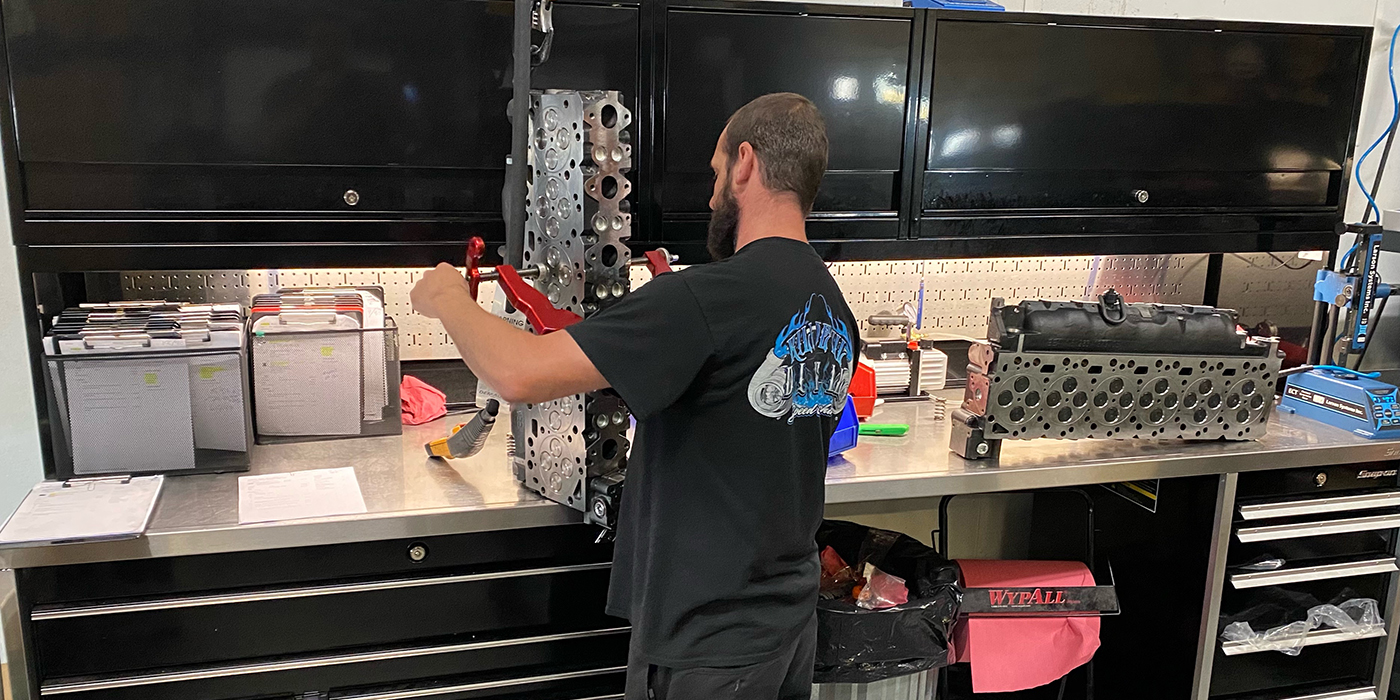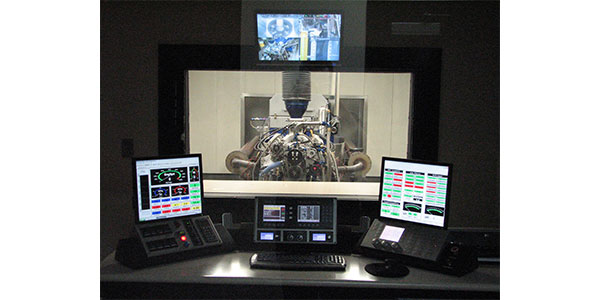 When it comes to a small business, every penny counts, just like every employee counts, in the successful operation of the business. But with health insurance and major benefits being too expensive for most small businesses to offer, how do you balance being able to recruit and retain good employees with benefits and incentives while keeping an eye on the bottom line of the business? Be creative and try not to think of benefits in the traditional sense. Talk to the employees. Ask them what they want and what they are looking for in a company, the position they are in and what motivates them. Figure out what their needs are and address those in the form of benefits and incentives. There are many different ways that employers can provide employees “benefits” at low or no cost and here are a few examples:
When it comes to a small business, every penny counts, just like every employee counts, in the successful operation of the business. But with health insurance and major benefits being too expensive for most small businesses to offer, how do you balance being able to recruit and retain good employees with benefits and incentives while keeping an eye on the bottom line of the business? Be creative and try not to think of benefits in the traditional sense. Talk to the employees. Ask them what they want and what they are looking for in a company, the position they are in and what motivates them. Figure out what their needs are and address those in the form of benefits and incentives. There are many different ways that employers can provide employees “benefits” at low or no cost and here are a few examples:Supplemental Insurance – Supplemental insurance is a great way to offer some form of a medical benefit to employees but through various types of policies that the supplemental insurance companies offer. The policies are voluntary to enroll in and are typically policies that cover accident, dental, vision, critical care, life insurance and disability as well as a range of others depending on the provider chosen for this type of benefit. The pricing varies on these plans but for the most part, they are affordable for employees and at no cost to the employer.
Wellness Programs – Coordinating with a local health care provider to offer educational workshops, classes or events that provide information and resources to employees to help reduce or eliminate health issues. Whether it is help with stopping smoking, weight loss programs or preventive health screenings, all of these things can have a significant impact on the employee and potentially their own health insurance costs.
Retirement Savings Plan/Financial Planning – One of the biggest things that people think about throughout the day is money and their financial situation, sometimes taking them away from being able to focus on their work. Providing employees with a 401k plan or some other form of retirement savings option as well as access to a financial adviser is a way to give employees access to a resource they may not otherwise have access. Paying the annual administrative and plan fees for something like this is significantly less expensive than a major medical plan but provides a value to employees that will carry with them throughout their life.
Recognition Programs/Discretionary Rewards – Most companies have at least one company credit card and most credit cards provide points for purchases. Employers can use those points to purchase gift cards or other items from the credit card company “store” to use as rewards or recognition gifts for employees along with a formalized recognition program.
Employee Discounts and Preferred Service Providers – Meeting the everyday needs of employees is a way to show employees that the employer cares about them as individuals and has a vested interest in them. This can be done by working with local companies (gyms, auto dealers, dry cleaners, etc.) to see if they would be willing to provide a discount to active employees of the company. Another option is to build relationships with service providers in the area (lawyers, real estate agents, home repair, etc.) and create a list of preferred vendors that have been vetted for employee use. When various situations come in people’s lives, sometimes they aren’t sure where to go to get the help they need and it takes them away from work both physically and mentally. Having resources for employees in those situations creates another benefit that is of value to them and the employer.
Flextime – This is the most personalized benefit because it gives the employee the ability to focus on what personal needs they have to be met while still maintaining their work responsibilities. Whether they choose to use the time for family, schooling, or additional employment opportunities, it is a proven benefit that returns increased productivity, employee satisfaction and a decrease in absences.
Creating a work environment that respects and values the employees is the best retention tool there is and that includes meeting employee needs in other areas outside of the job itself by providing benefits of value.
Article courtesy of Tire Review.








